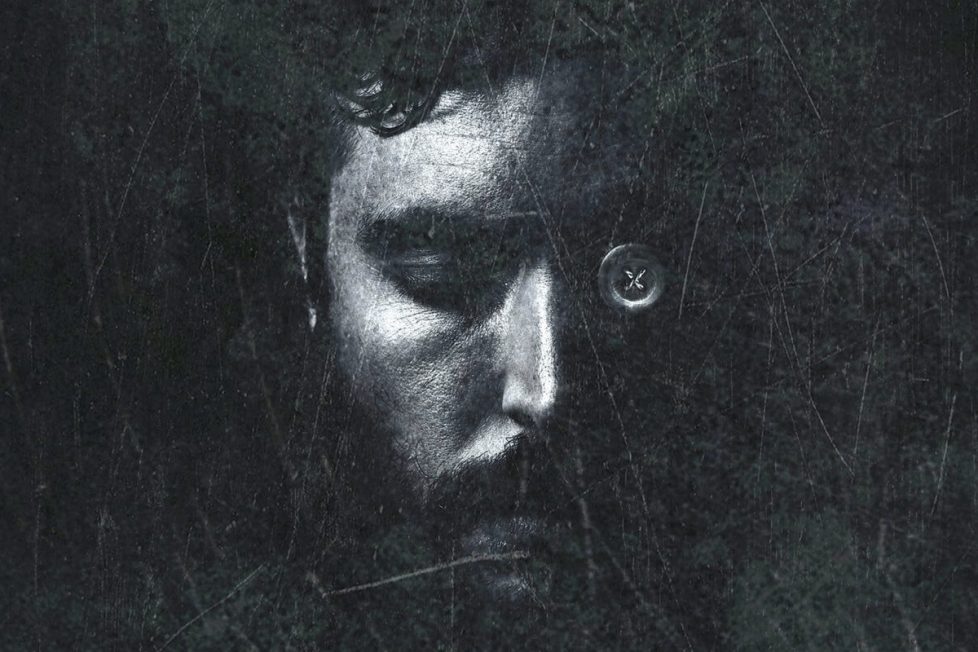SHEPHERD (2021)
A grieving widower retreats to a remote island but soon finds himself struggling to keep his sanity.

A grieving widower retreats to a remote island but soon finds himself struggling to keep his sanity.


Men at work in remote locations have provided fertile subject matter for psychological horror recently (see: Robert Eggers’s The Lighthouse or Damian Mc Carthy’s Caveat), perhaps because we’re now so connected that isolation itself feels unnatural.
In Shepherd, writer-director Russell Owen certainly makes the most of his protagonist’s seclusion on a Scottish island. But, as happens so often in such stories, he’s not really alone because he’s haunted by the tragedies of his own past, and maybe the island itself isn’t as deserted as it appears…
Indeed, Shepherd nails its colours to the mast from the beginning with a quote from Dante’s Inferno: “Pregnant and lorn he left her by the sea. Such guilt so heavy a punishment endures.” The soundtrack at the opening is full of wind and creaking, and the volume becomes overwhelming, with voices and groans seemingly mixed in. But soon enough this turmoil ends and we see a coffin, hear a hymn, then meet Eric (Tom Hughes).
Eric, as will become apparent, recently lost his wife and is in mourning. He answers a newspaper ad (“WANTED, SHEPHERD”)—so the story seems to be set a few decades ago, when newspapers still advertised jobs and nobody had smartphones—and is soon en route to the island where, as one might anticipate, finding lost sheep will be the least of his problems.
He’s accompanied only by his dog, but on the way meets two other characters who (like the dog) will prove critical to the story Owen has to tell: his mother (Greta Scacchi), still angry at Eric’s marriage but also anxious to remain in her son’s life, and a sinister ferrywoman (Kate Dickie).
From hereon realism increasingly recedes. Dreams and flashbacks start early, but as the tale gets stranger and stranger, and certainly by the time it reaches its climax, we find it impossible to tell how much of what we’re seeing is a straightforward relation of events, or whether it is imagination, or hallucination.
Almost everything is imbued with portent: a cryptic notebook that Eric finds at his cottage (“She’s a witch, she’s here” written in it), a standing stone, phone calls from the ferrywoman.
There’s an unexpected turn around the hour mark which eliminates any remaining chance that what’s happening to Eric is explicable in normal terms, and another of breathtaking spookiness at about 80-minutes in. These are followed by a complete change in direction at 90-minutes, by which point we have to wonder—as Eric himself does—whether he’s dead and if this island is Hell. The ferrywoman taunts him, saying “you can run from an island but you can’t run from what’s due.”
Hughes (at times looking uncannily like Cillian Murphy in 28 Days Later) takes most of the weight of the film on his shoulders, frequently without dialogue, and carries it off by not over-characterising Eric, who’s a lost, hurt, self-hating everyman. Scacchi and Dickie are more flamboyant, with latter in particular giving the film its strongest overtones of conventional supernatural horror. But again, t’s impossible to know for sure if these characters are merely in Eric’s mind.
Counterbalancing such slight excesses, Owen’s direction is forthright and uncomplicated, frequently emphasising the mundane and relying on Callum Donaldson’s powerful and uneasy score (as well as the outstanding sound design) to transform it into something less ordinary. Birds and sheep are full of foreboding; so is the stone cottage of Eric’s mother, a crucifix on the wall knocking in the wind.
Richard Stoddard’s cinematography, too, contributes much—though Shepherd had limited cinema exposure before this release on streaming and disc, his broad desolate landscapes would be ravishing on the big screen.
In the end there aren’t many answers, and those who like the unexplained to be neatly justified before the credits roll may find Shepherd unsatisfying. It’s more a film of atmosphere—internal, emotional, mental as well as external—than one with a conventional narrative agenda, and its revelations are hinted at rather than spelled out.
But while it does have slightly more ideas than it has time to fully develop, it hardly ever strikes a wrong note. And it’s the atmosphere itself (rather than any particular incident) that ultimately makes Shepherd a successful, and at times genuinely disturbing, horror film.
UK | 2021 | 103 MINUTES | COLOUR | ENGLISH
writer & director: Russell Owen.
starring: Tom Hughes, Kate Dickie, Gaia Weiss & Greta Scacchi.
